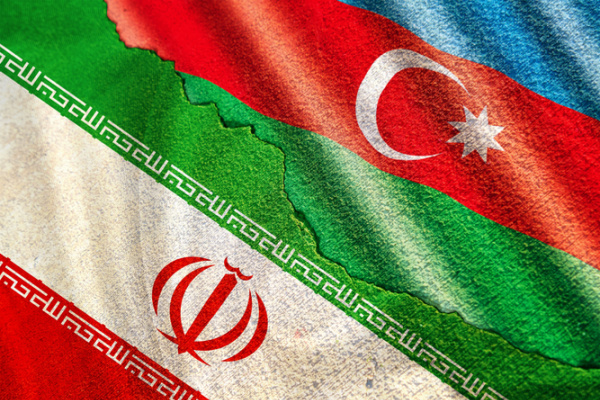Decreasing Water Levels in the Caspian Sea: Causes and Implications
By Vali Kaleji
October 13, 2023
Various reports indicate that the water level of the Caspian Sea has decreased by one meter in recent years and could drop by 9 to 18 meters (30 to 59 feet) by the end of the 21st century. Although climate change contributes to this process, Russia’s construction of dams on the Volga River has played an important role in reducing the amount of water entering the Caspian Sea. This will have significant and serious implications, including a decline of the sea water level, a considerable retreat of the sea and increase of the land and coastal area especially in upstream countries (Russia and Kazakhstan), challenges to the operation of ports and shipping, as well as environmental consequences, particularly the drying of protected areas and wetlands.
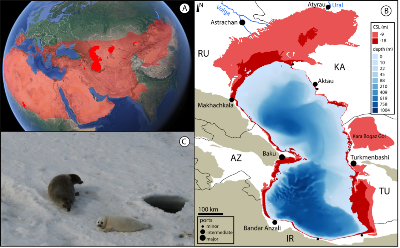
Iran and Afghanistan Clash over Helmand Water
By Sudha Ramachandran
July 5, 2023
Recent violent clashes between Iranian and Taliban border guards brought to the fore the festering dispute over the sharing of the waters of the transboundary Helmand River. The clashes occurred amid an escalation of tensions and led to a heated exchange of threatening rhetoric between the two sides. The Helmand’s water is vital to both Iran and Afghanistan and the sharing of this resource evokes strong emotions on both sides of the border. The regimes in both countries regularly engage in muscle flexing on this issue in order to rally the masses behind them. Under the current circumstances, there is little likelihood of a resolution of the dispute.
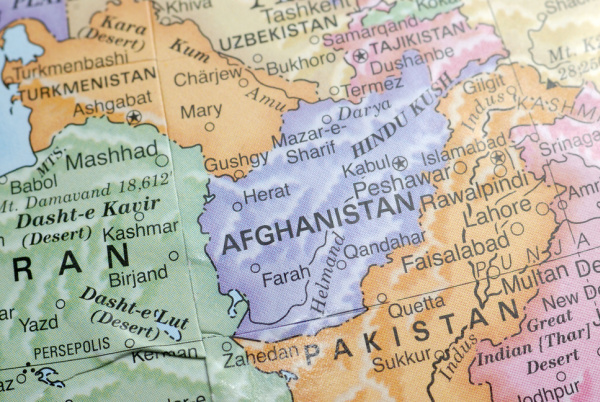
Russia and Iran Diverge in the South Caucasus
By Vali Kaleji
June 15, 2023
Despite some similarities in Iran’s and Russia’s approaches towards the conflict between Armenia and Azerbaijan since the collapse of the Soviet Union, Tehran and Moscow have diverged in recent years regarding the Zangezur Corridor, its possible effects for Iran’s border with Armenia, and Israel’s relations with Azerbaijan. Russia’s relations with Israel and its need to retain economic ties and transit options with Azerbaijan and Turkey after the Ukraine war, have led Moscow to take a flexible approach to developments in the South Caucasus, which is not favorable to Iran. This has disrupted the unwritten alliance between Iran, Armenia and Russia and has created a security and strategic dilemma for Iran along its northwestern borders.
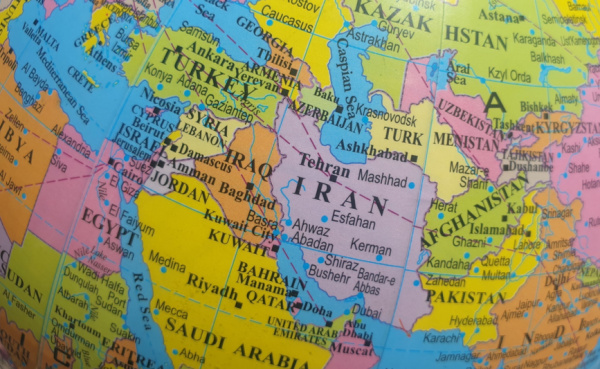
President Aliyev: “Relations between Azerbaijan and Iran are at the Lowest Level Ever”
By Brenda Shaffer
May 8, 2023
From day one of the independence of the Republic of Azerbaijan, Iran has been hostile toward Baku and consistently acted to undermine its security and independence. However, over the last year the ties between the two bordering countries have deteriorated to an unprecedented level, with Azerbaijan’s President Ilham Aliyev describing relations between Azerbaijan and Iran as “at the lowest level ever.” President Aliyev in a recent meeting with researchers laid out the factors that have led to this downturn. President Aliyev stated that in Iran, “terror is organized on a governmental level.”
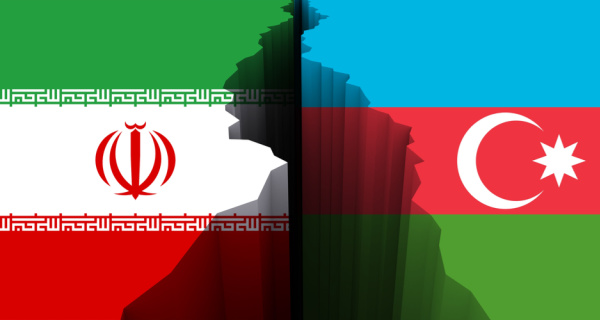
Iran-Azerbaijan Tensions and the Tehran Embassy Attack
By Alexander Yeo and Emil A. Souleimanov
May 8, 2023
On January 27, a gunman entered Azerbaijan’s embassy in the Iranian capital, killing a security officer. This violent incident appears to have taken place following numerous requests made by Azerbaijani diplomats to their Iranian colleagues to strengthen the security measures around the South Caucasian country’s embassy in Tehran. This is an unprecedented act of violence, comparable only to the incident in the summer of 2001 when an Iranian warship and fighter aircraft threatened a British Petroleum-navigated Azerbaijani vessel exploring the oil reserves of an area in the south-western Caspian contested by Iran. The event is regarded by some observers as a turning point in Azerbaijani–Iranian relations, and has been followed by a diplomatic spat between the two countries.
